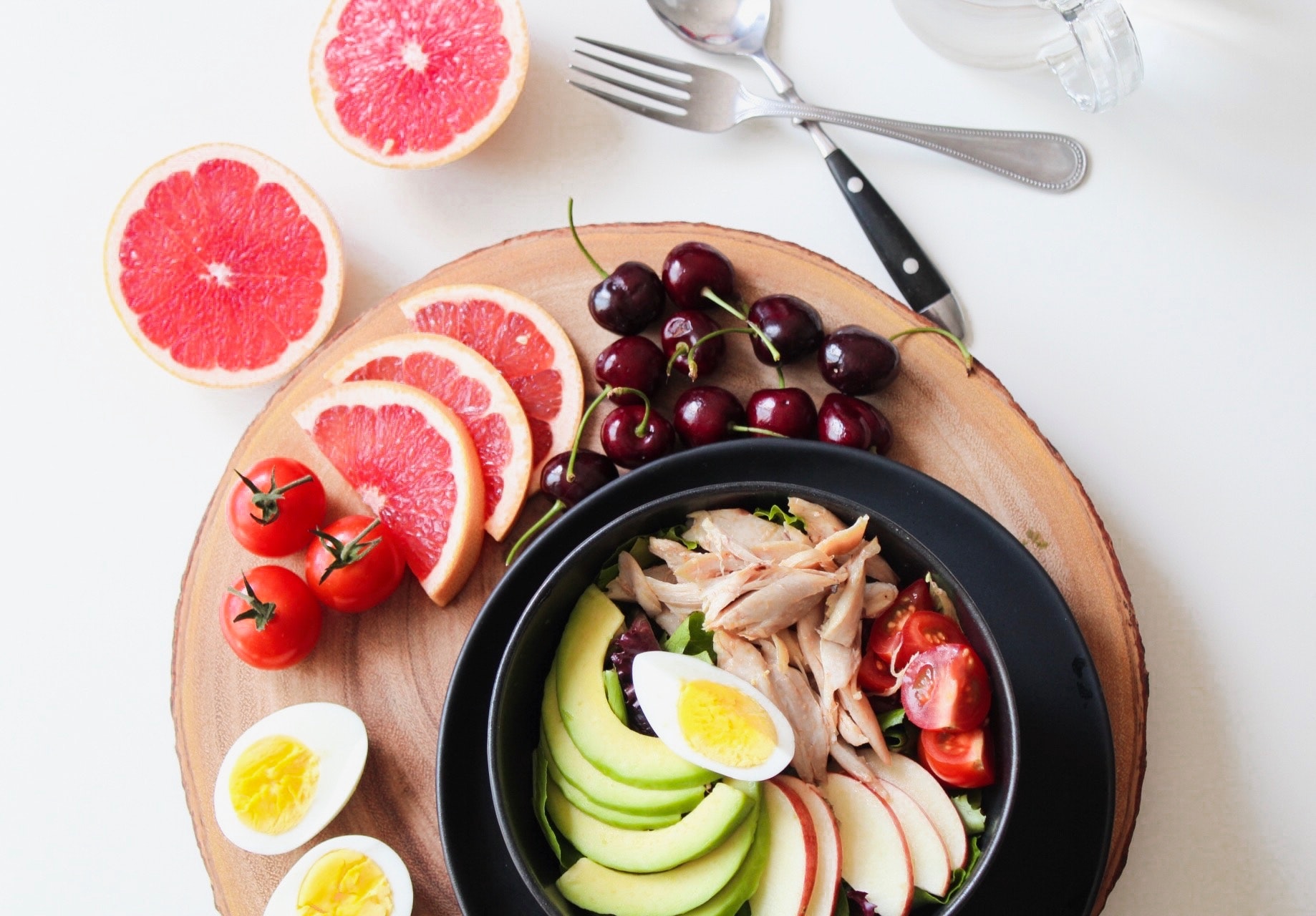Proper nutrition and a well balanced diet are recommended for everyone but are especially important for someone with ADHD. Food fuels the brain and getting the proper balance of nutrients can contribute to clearer thinking and better sleep, focus, and mood. Eating the right amount of the right stuff at the right time promotes better physical, mental, and emotional health.
According to Additudemag.com “Ned Hallowell, M.D., advises all of his patients with ADHD to think about dividing their plates for each meal. Half should be fruits or vegetables, one-fourth protein, and one-fourth carbohydrates.” Maintaining blood sugar, iron, zinc, and magnesium levels are also important in keeping symptoms at bay. Since we’re in the midst of National Nutrition Month, let’s take a look at some ways nutrition and ADHD interact!
Nutrient Deficiency
A diet should be nutrient rich in general to support a healthy lifestyle, but can a lack of vitamins or mineral enhance ADHD symptoms? Studies have shown that resolving ADHD symptoms isn’t as easy as taking a multivitamin. While those with ADHD do tend to be deficient in certain vitamins and minerals, there isn’t a direct relation between that deficiency and causing ADHD. The best place to start is getting tested for nutritional deficiencies. Knowing where these deficiencies lie helps to pinpoint possible solutions to relieve certain symptoms of vitamin deficiency. Common culprits are iron, zinc, and magnesium levels.
Different nutrients feed different parts of the brain, a variety of supplements can help increase attention and alertness, decrease aggressive behavior, and make individuals less impulsive. While that may not necessarily overlap with ADHD and its symptoms, supplements can still be a good option for supporting overall health. Supplementing one deficiency at a time is the best way to see what nutrients make the biggest impact.
Blood Sugar
Studies have shown that bouts of hyperactivity can be linked to sugar consumption. It’s important to realize that sugar is hidden in many places other than candy and soda. Sandy Newark, M.D., says “what many people don’t know is that eating simple processed carbohydrates, like white bread or waffles, is almost the same as eating sugar! Your body digests these processed carbs into glucose (sugar) so quickly that the effect is virtually the same as eating sugar from a spoon”.
Protein helps produce neurotransmitters that wake up the brain and is key in off setting sugar surges, making it the perfect component to combat excessive sugar intake. Maintaining a healthy blood sugar level is beneficial in helping to regulate hyperactivity and subsequent inactivity. This makes a diet with little to no sugar, artificial dyes, or preservatives ideal in terms of balance.
Of course, that doesn’t mean sugar is a complete no-go. More than anything, maintaining a well balanced diet of healthy food is the real ideal. We could all benefit from less sugar, artificial additives, or preservatives, but food can be complicated. Aiming for a well balanced diet is best.
Meal Planning
It has been found that there is a high rate of obesity in the ADHD community due to issues with impulse control. Not only is it often difficult for individuals to combat cravings but when they eat, it is difficult for them to recognize that they are full. If their plate still has food they will likely continue eating until it’s gone. Studies have shown that consuming more calories than needed can affect decision making areas of the brain, making ADHD symptoms more severe.
Meal planning seems to be a simple solution for this issue, but individuals with ADHD may struggle with this too. Having a plan in place for each meal helps with impulsivity, timing, and portions. Planning for meals requires many skills, like time management and decision making, that people with ADHD often struggle with. There are many services that provide a calendar of already planned meals that would be ideal to use if symptoms make the task too exhausting.
Meal plans are an excellent way to keep kids with ADHD engaged in their meals while providing a healthy and steady stream of vitamins, nutrients, and calories. While meal plans can certainly improve the dietary habits of people with ADHD, it’s not a full replacement for traditional ADHD treatment. ADHD can seem overwhelming at times, but it doesn’t have to be. In my recent book, I go into greater detail on habits, lifestyles, and dietary planning for people with ADHD!



